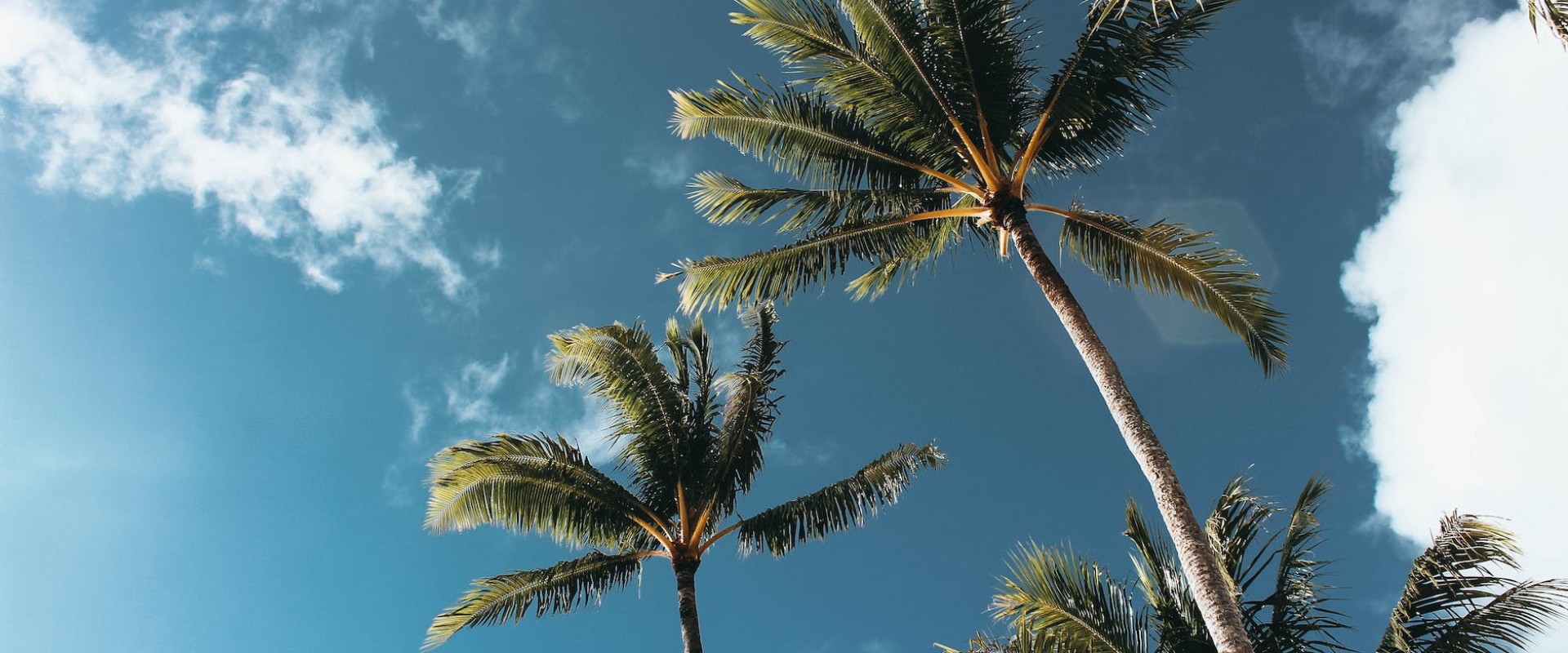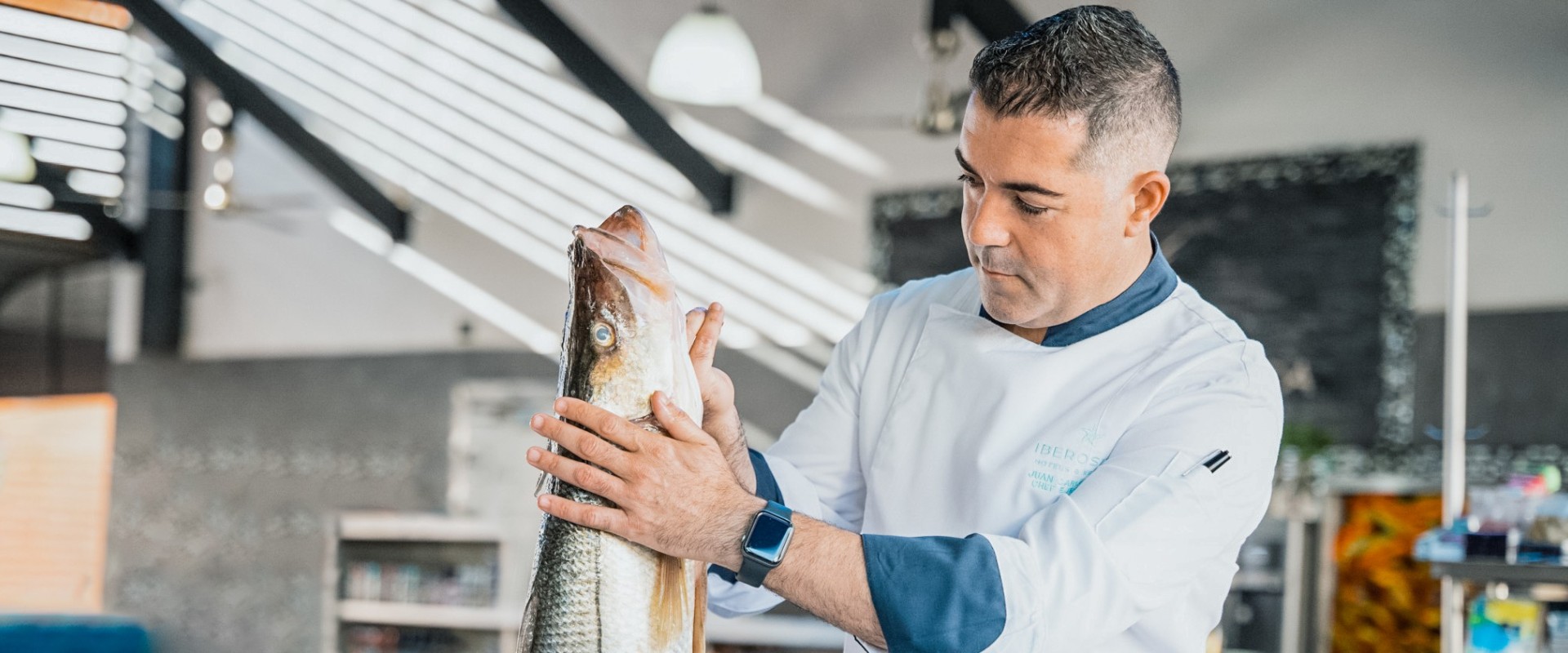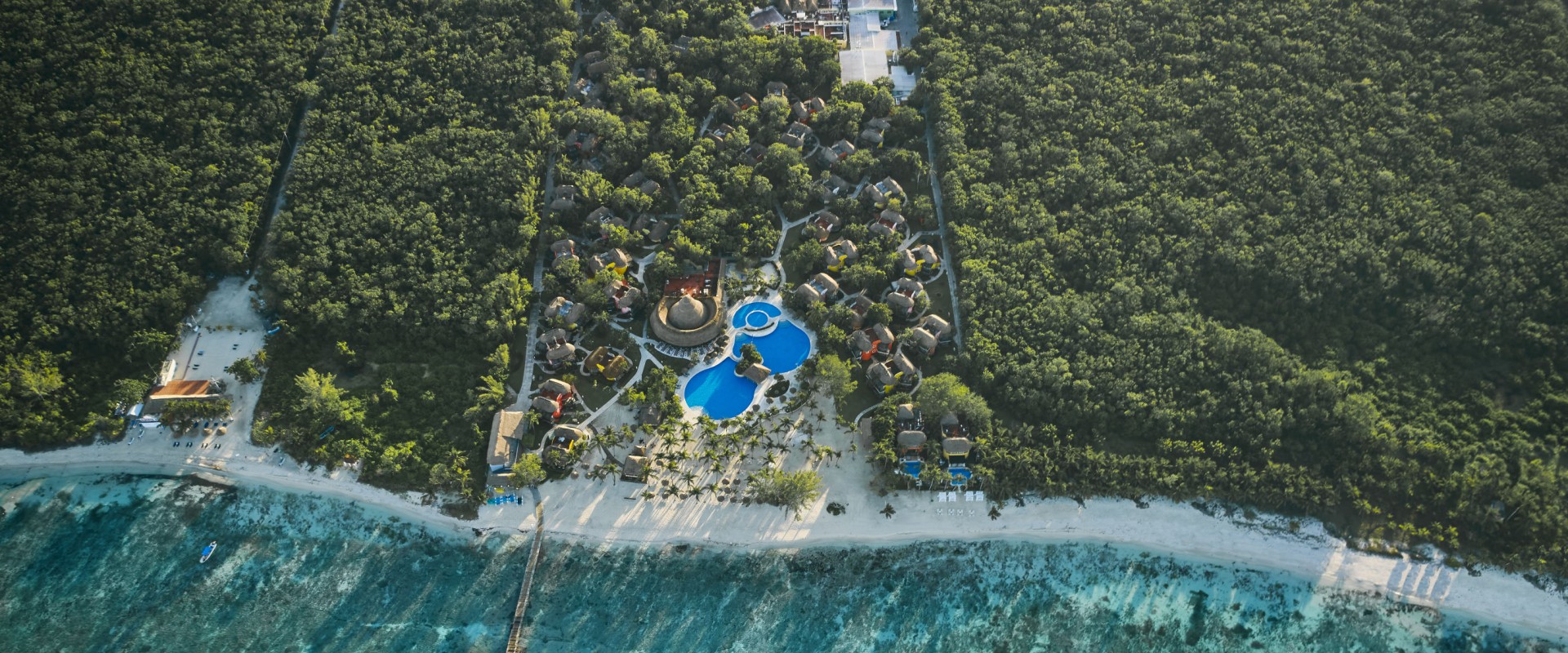
We are convinced that the tourism industry is a driving force in building a responsible tourism model that cares both for people and the oceans. We are therefore committed to integrating environmental protection, social and economic well-being, and cultural heritage in our areas of influence into our business strategy.
Our science-based and action-driven initiatives in our Wave of Change movement reflect this commitment to the environment and the oceans.

Now more than ever is the time to enhance the potential of the tourism sector by reinventing and innovating our practices."

Since the start of 2021 our hotels have been free of single-use plastics. By 2025, we commit to becoming waste-free by investing in AI-powered technology and implementing 3R teams exclusively dedicated to waste management in our hotels.
We commit to becoming carbon neutral by 2030. We are working to reduce our emissions by maximizing renewable energy - all of our hotels in Spain are already powered by renewable electricity - and reduce our energy consumption by 25% in 2030.

At Iberostar, we drive the consumption of responsible seafood while providing a memorable gastronomic experience full of local flavors. For us, the responsible consumption of seafood means the intersection of prioritizing environmental sustainability, livelihoods and safe working practices, and the economic viability of fisheries - environment, people, and economy. By 2025, all of the seafood served in all Iberostar hotels will be responsibly sourced.

We are working to improve the health of coastal ecosystems in our destinations, like coral reefs, mangroves and seagrasses together with our in-house team of scientists. Our goal is to have all ecosystems that surround Iberostar properties in improving ecological health alongside profitable tourism by 2030, ensuring that we can preserve all the benefits that these ecosystems provide and that our guests can continue enjoying beautiful destinations for generations to come. We currently maintain five coral nurseries and a Coral Lab in the Caribbean, in addition to having over 14,000 mangroves and 9,000 coastal dune plants in care.